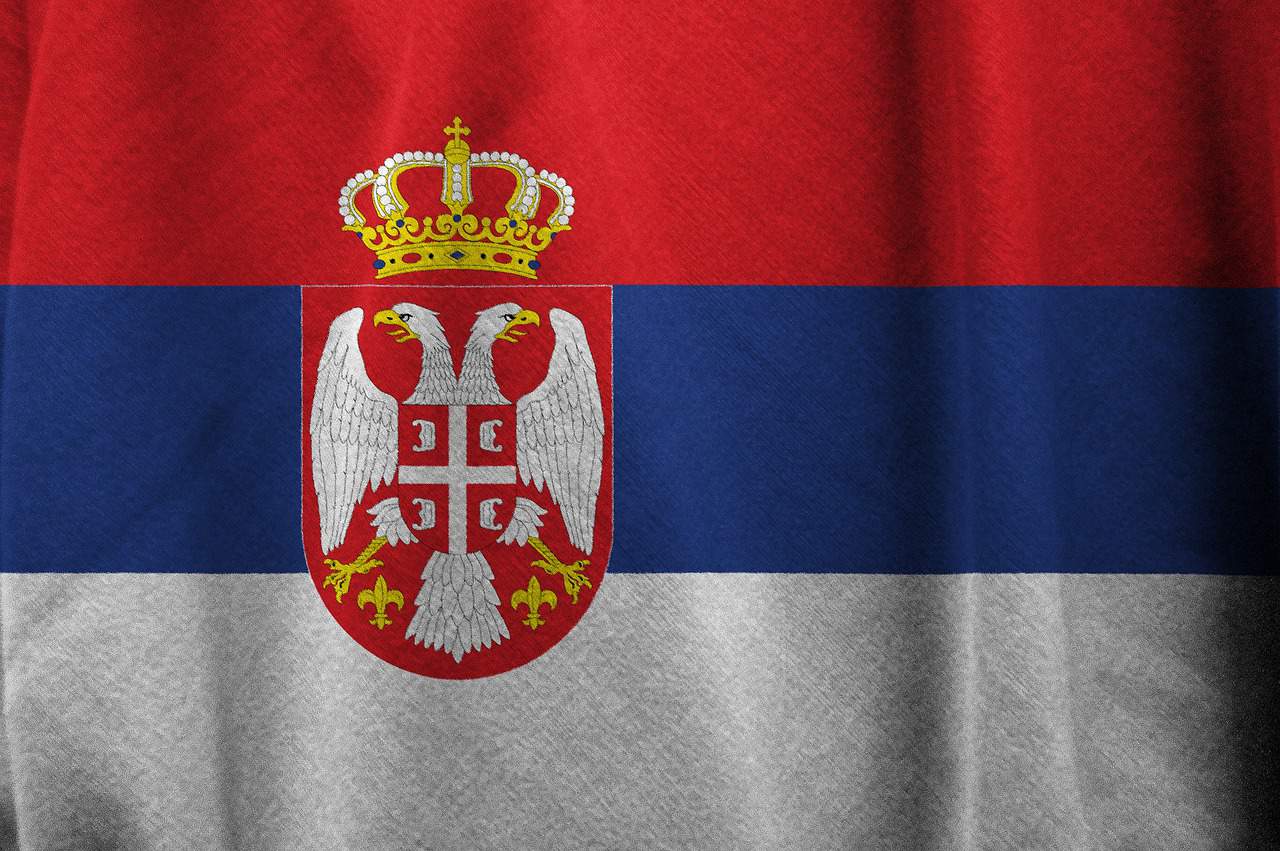Experts from Russia’s Federal Security Service (FSB) have arrived in Serbia to investigate the alleged use of sonic weapons against protesters, the Serbian president said on Saturday, again dismissing the claims as “lies”.
On March 15, a largely peaceful demonstration — the biggest yet in a wave of anti-corruption protests rocking Serbia — descended into chaos when an unknown noise triggered panic in some areas.
Social media footage showed crowds fleeing suddenly, prompting claims they had been targeted with a sonic weapon or “sound cannon”.
Several leading Serbian civil society groups said they had compiled more than 3,000 accounts from people affected, with several demonstrators reporting health problems since the incident.
Serbia’s police, president and government have all firmly denied using such a device, which emits bursts of ear-piercing noise and is designed to control unruly crowds.
“Last night, people from the FSB arrived… They will stay for seven or eight days. After that, they will present their stance on the sonic weapon,” Serbian President Aleksandar Vucic told local media.
“This will expose more lies,” he added, accusing the opposition of “deceiving the citizens”.
Photos published after the protest show a police vehicle with a large piece of equipment on its hood.
Aleksander Radic, a Belgrade-based military analyst, told AFP the equipment in the picture resembled a US-made LRAD 450 long-range acoustic device.
Interior Minister Ivica Dacic confirmed police possess such equipment but denied it had been used to target protesters.
Serbian authorities announced an investigation and called for the involvement of the US Federal Bureau of Investigation (FBI) and the FSB from Russia — with which Serbia maintains close ties, despite being a candidate for EU membership.
Serbia’s student-led protest movement began with a fatal accident at the Novi Sad train station on November 1, 2024, which killed 15 people when the newly renovated building’s concrete roof collapsed.
Anger over the incident, which some Serbs see as evidence of pervasive corruption in the country, has exploded into the Balkan nation’s biggest upheaval since the 1990s.

